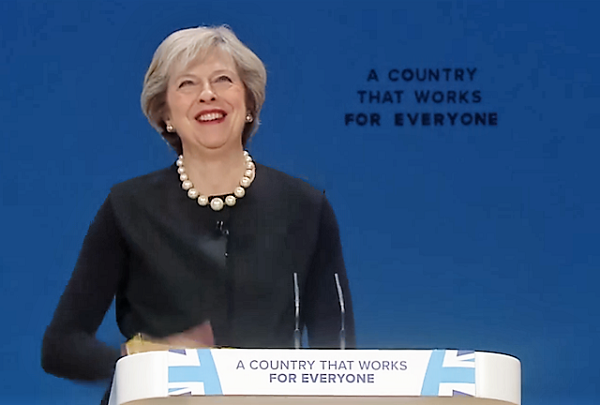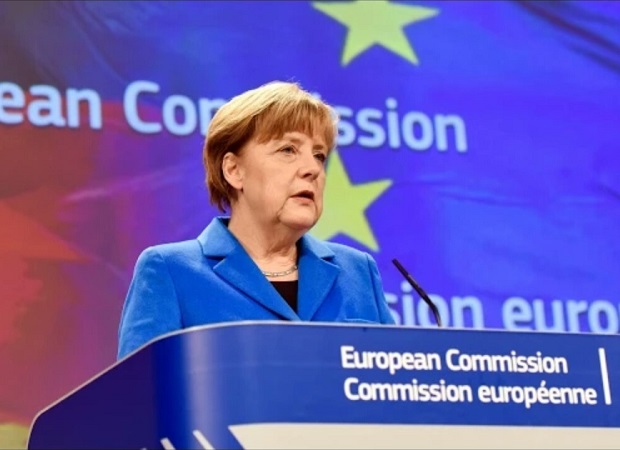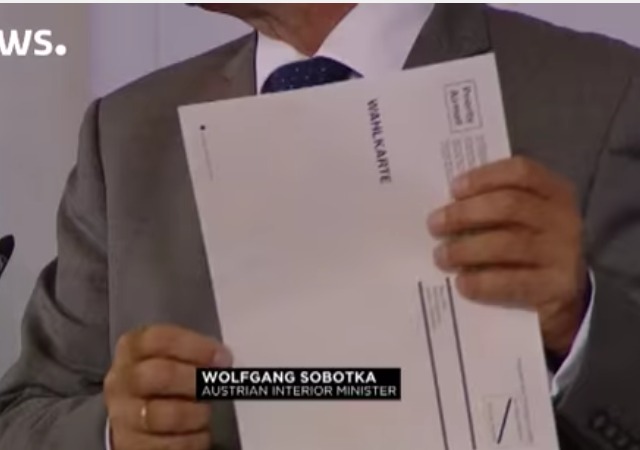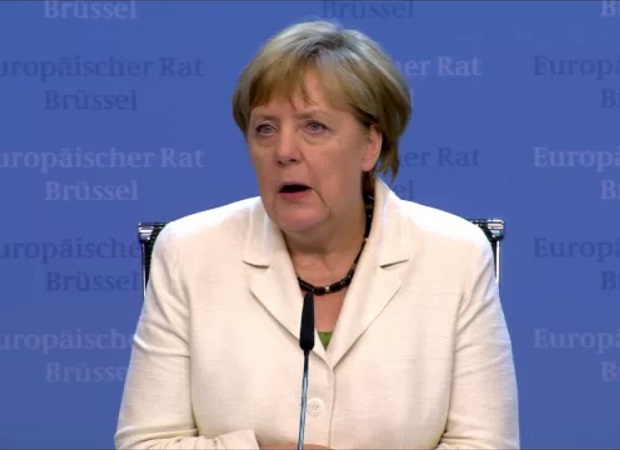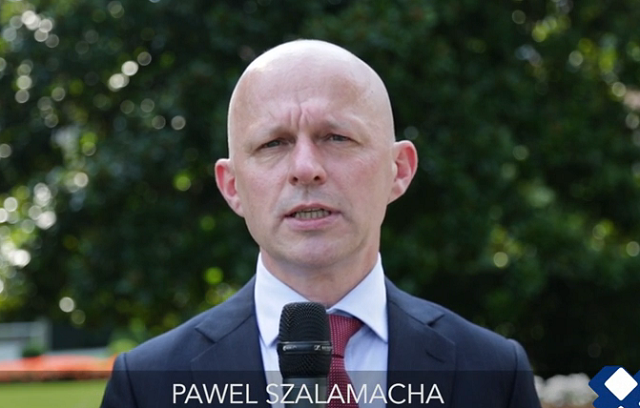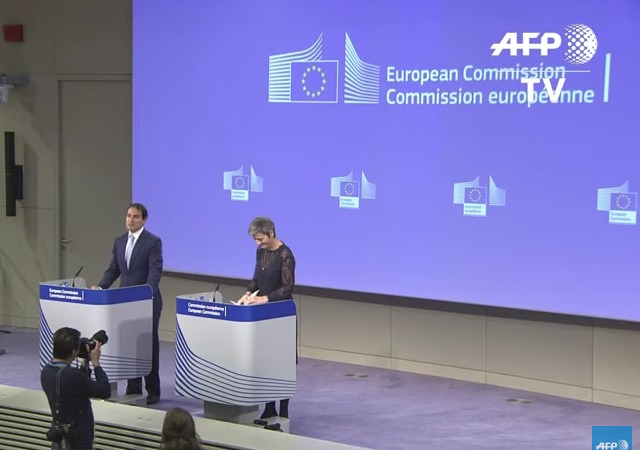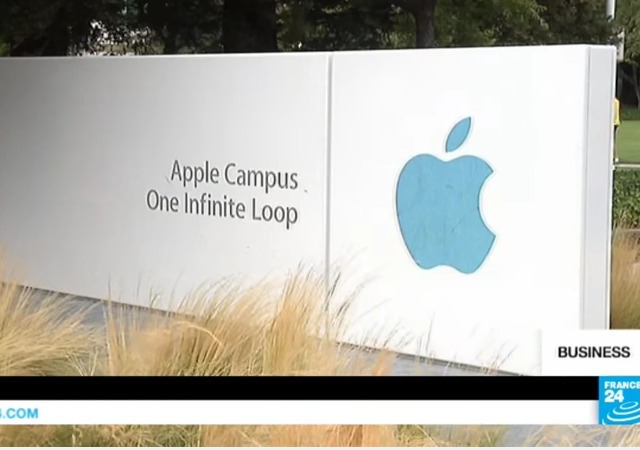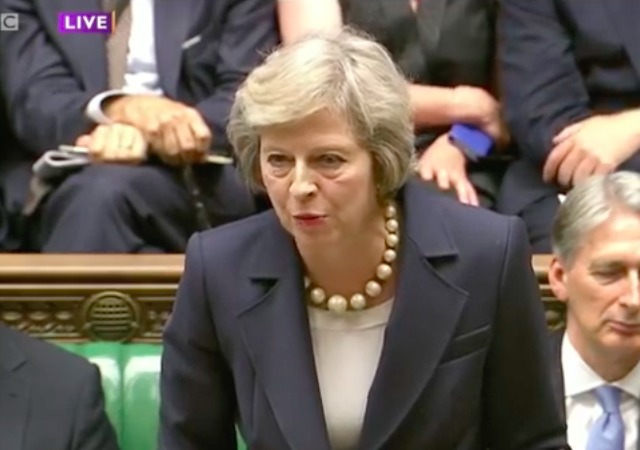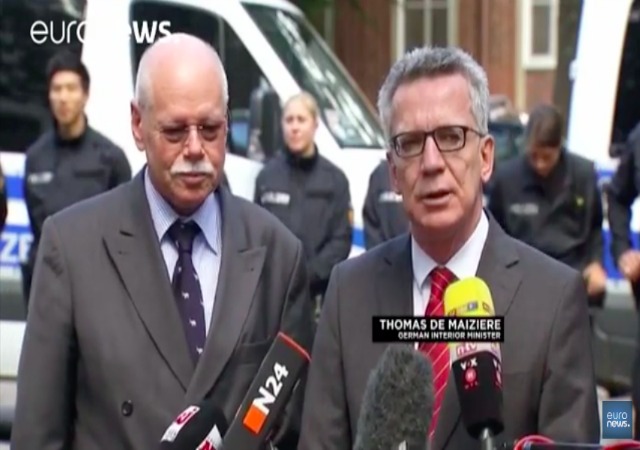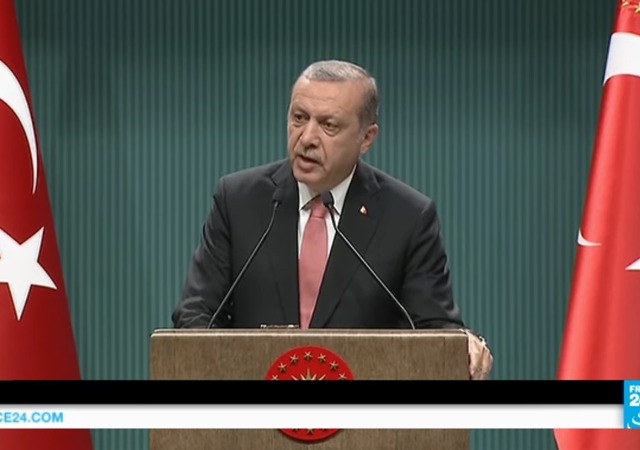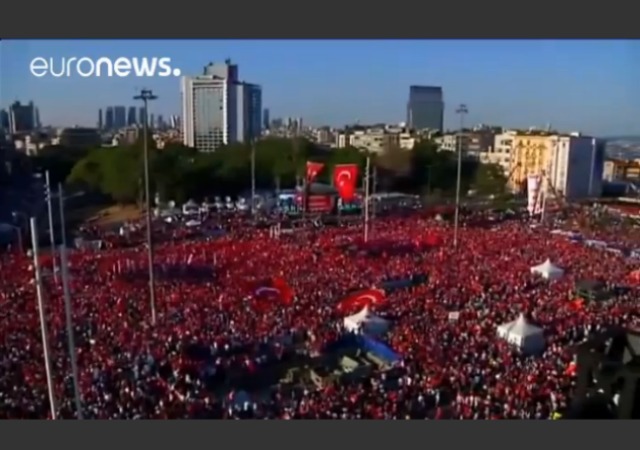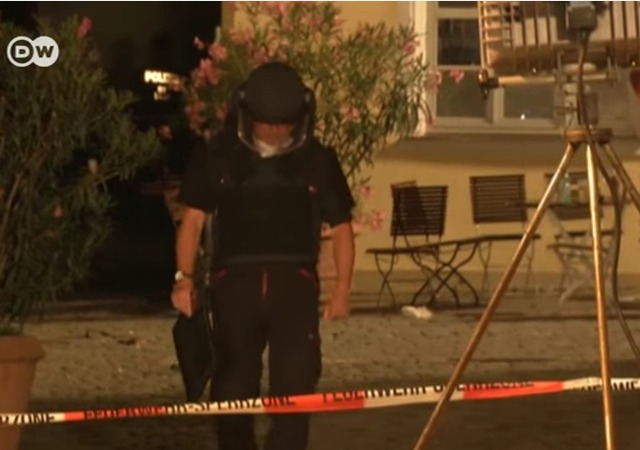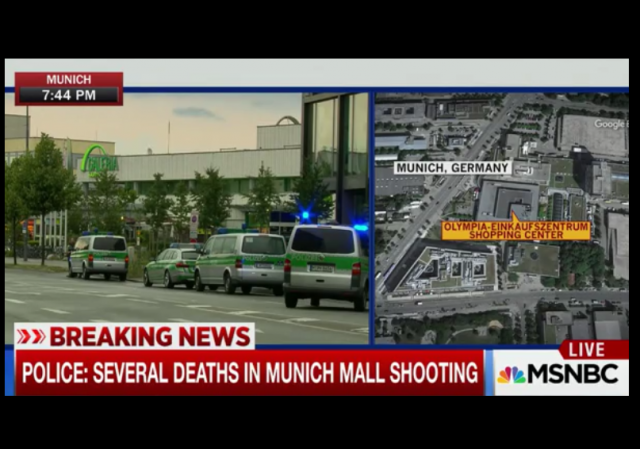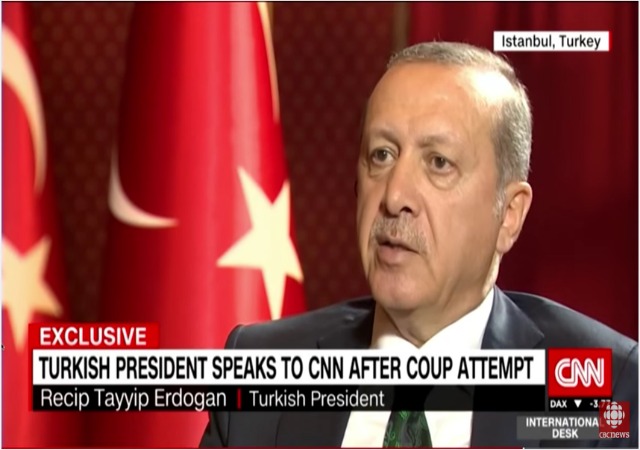Brexit: Teresa May Vows to Trigger Article 50 By End of March
on October 02, 2016
3 Comments
In her speech at this weekend's Conservative Party conference, UK Prime Minister Teresa May revealed her plan to trigger Article 50 by the end of March next year and details of a "Great Repeal Bill" intended to repeal of the 1972 European Communities Act.
Article 50 starts a two-year process to leave the European Union (EU), and the 1972 European Communities Act "allowed Britain to join what would become the EU the following year. It also enshrined the supremacy of EU law in the UK, making the European Court of Justice [ECJ] the ultimate arbiter in legal disputes."
The Guardian reports:
Theresa May has confirmed she will trigger article 50 before the end of March 2017, setting in motion the two-year process of leaving the European Union. The pledge by the prime minister means the UK will leave the EU by spring 2019, before the next general election, with the prime minister also announcing plans for a “great repeal bill” to incorporate all EU regulations in UK law as soon as Brexit takes effect. May told the BBC’s Andrew Marr Show on Sunday she wanted to give “greater degree of clarity about the sort of timetable we are following” over the process for leaving the EU, as well as committing to enshrining workers’ rights in British law.

